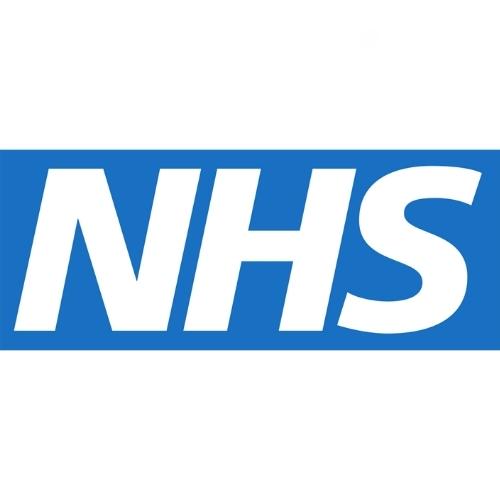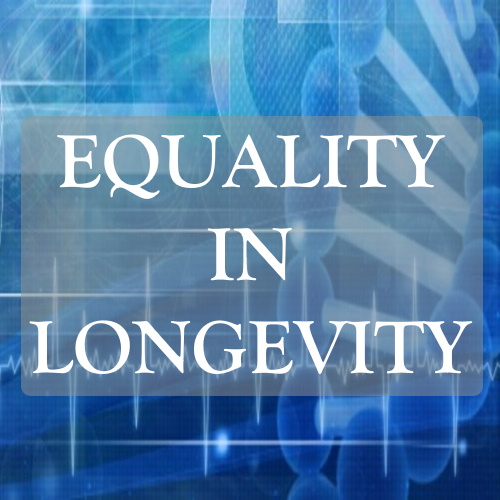Key points from article :
Thousands of people living in Scotland’s poorest communities are set to receive free weight-loss injections as part of a landmark study led by Professor Jason Gill at the University of Glasgow. Funded by the UK government, the Scotland CardioMetabolic Impact Study (SCoMIS) will recruit up to 5,000 participants to explore how modern weight-loss drugs, which mimic natural hormones called incretins, can be effectively and fairly delivered through the NHS. These medicines work by regulating appetite, blood sugar, and digestion, helping people with obesity better manage their eating habits.
The government has provided £650,000 in initial funding for this large-scale research, which aims to tackle obesity — one of the leading causes of heart disease, cancer, and long-term illness — and to reduce strain on the NHS. The study will assess not only weight loss and quality-of-life improvements but also the potential impact on health inequalities, workplace participation, and healthcare costs.
Professor Gill described SCoMIS as a “real-world” study designed to ensure that incretin-based therapies reach those who need them most, particularly in economically deprived areas. The initiative involves collaboration with Novo Nordisk, IQVIA, and researchers from the Universities of Dundee and Edinburgh, who will explore the use of AI-driven digital tools to support patients and collect data.
Government ministers praised the trial as a model for innovation and equity in public health. Dr Zubir Ahmed, UK Health Innovation Minister, said the programme addresses both the obesity crisis and regional health inequalities, while Scottish Public Health Minister Jenni Minto and UK Science Minister Lord Vallance highlighted its potential to deliver lasting improvements in health outcomes across the UK. The trial is expected to launch next year.











